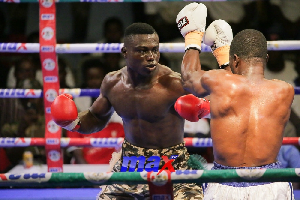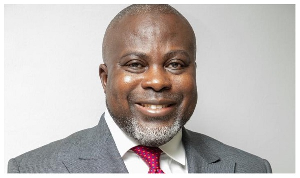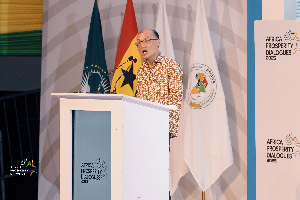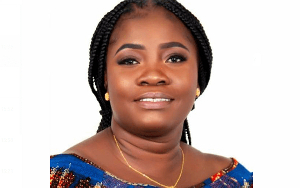Tamale, June 18, GNA - Stakeholders in the lotto business in the Northern Region have appealed to Parliament to pass the Lotto Bill into law without hesitation to mobilise more revenue for national development. They explained that since the enactment of PNDCL 233 in 1989, which deregulate the lottery industry, the state did not only fail in its responsibility to protect its citizenry against cheating and exploitation but national revenue accruing from the industry also dwindled, resulting in the collapse of development projects.
The appeal was made at a stakeholders meeting of lotto receivers, agents, writers, stickers and the general public in Tamale on Friday, organised to sensitise them on the Lotto Bill to enable them to make inputs before the bill was enacted into law. Officials from the Department of National Lotteries (DNL) in Accra, who explained the benefits of the bill to the state and the stakeholders said the before the enactment of the PNDC law 233, the DNL was contributing about 24 per cent of total revenue to the state but this had dwindled to less than one per cent.
Mr George E. Gyamfi-Osew, a Deputy Director in charge of Marketing, announced that the DNL alone paid 40 billion cedis to the state last year, as against 144 million cedis paid by more than 100 private lotto operators. He said for the DNL to function well, there was the need to restructure its operations, especially in the areas of recruitment, logistics, marketing strategies and the introduction of new brands of products. Mr George Addo-Yobo, a Deputy Director in charge of Operations said the DNL had positioned itself to absorb workers of the private lotto operators to stem the incidence of unemployment. He announced that the DNL had also introduce automated machines into the system to facilitate the work of lotto writers, while it also assisted in procuring a one billion cedi facility at Home Finance Bank for the smooth operations of the members. He said the DNL was decentralizing its operations in the regions and some districts to reach out to people in the rural communities and enhance prompt payment of winning tickets.
Regional News of Sunday, 18 June 2006
Source: GNA
















